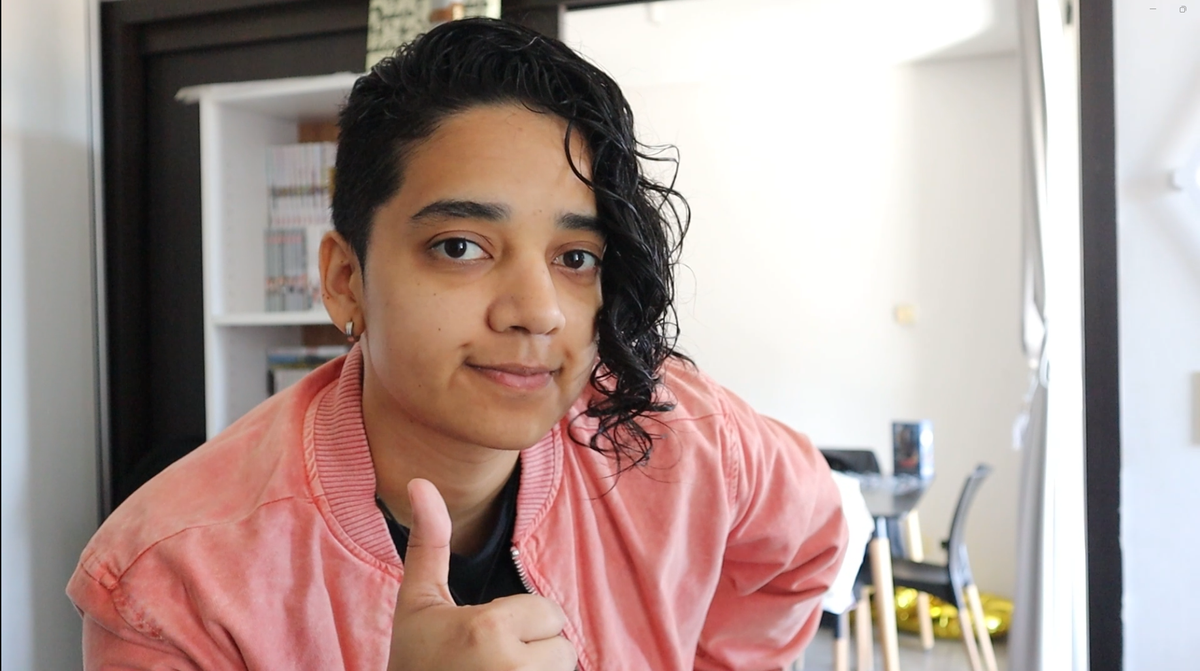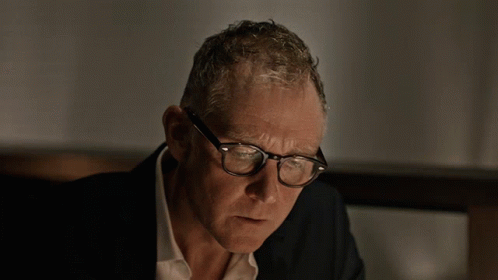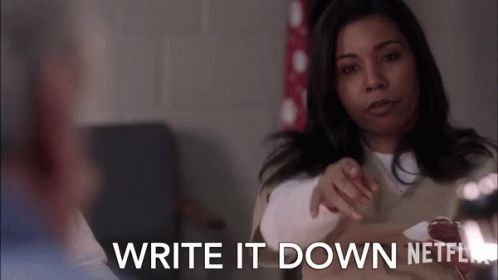5 Personal Finance Tips I Wish I Knew Before
Something that I never had growing up was knowledge of how to manage the money that I made. I saved some money but I would also spend most of it. So I am going to share some personal finance tips that I WISH I had known before.

Something that I never had growing up was knowledge of how to manage the money that I made. Yes, I saved some money but I would also spend most of it and I never thought about what it would mean to actually live by myself and have to pay for rent, food, and services. And what happens if you’re suddenly left without a job? I never thought about saving enough to pay for a month’s expenses without being employed. So I am going to share some personal finance tips that I WISH I had known before, and I guarantee that by the end of this post you will have actionable steps to take to have more peace of mind in your day-to-day life when it comes to money.
There is also a Youtube video about this, so feel free to check it out for an even more detailed opinion of each of the things mentioned here:
So let's start with something simple yet crucial:
Track your monthly expenses

Now, this is something that I only started applying 2 years after moving to Argentina because I didn’t really feel or know that I probably needed to do this. But at the end of 2019, I moved by myself for the first time, meaning without any roommates at all, and I realized that I probably needed a way to handle my finances in a more organized manner because there were a bunch of things that needed to be paid that depended ONLY on me moving forward.
Keeping track of your fixed expenses every month also allows you to evaluate how your expenses vary from month to month, what contributes to those expenses going up or down, where most of your monthly income goes when it comes to money you have to spend, what is an absolutely necessary expense and what is something that you could probably do without if you absolutely needed to cut down expenses, and it can also really help you avoid lifestyle inflation if you take a look at several different months and realize “yeah, I should probably stop spending this much money”.
At the time I was also working as an English teacher for 2 or 3 different English Institutes which meant that I received different payments from different people and having this spreadsheet helped me visualize my total income VS my total fixed expenses and see how much money I would have left for the month after paying everything.
In my case what I include in this google spreadsheet that I’ve been working on for the past 2 years and a half are things like rent, services, health insurance, the dog walker, taxes, subscription services, and other expenses that are relatively the same month to month. I don’t include things like grocery shopping or the money that I spend when I hang out with my friends because that varies a lot, and my main focus is to keep track of all my fixed expenses to make sure they are covered, and then manage the rest as they come.
I tried to keep track of absolutely ALL of my expenses during the month, but that honestly just gave me anxiety because of all the money that I was spending and I didn’t really see where I could cut down on those expenses because it was mostly grocery purchases, so I decided to take the approach that, as long as my savings were higher at the end of the month than at the beginning, I was good to go.
Saving some money each month, is better than saving no money at all

This should probably come as a no-brainer for everyone, but saving money is not really a habit that many people have. The truth is that we are absolutely horrible at thinking forward and making plans for the future. We tend to underestimate how much time we are going to need to complete a project, and I believe the same can be said about how we underestimate how much saving even if just 50 dollars every month can help you in the future. Regardless of whether what you are saving at the moment feels like too much or too little, putting some money aside just in case you ever find yourself faced in an emergency will provide you with the peace of mind that comes from knowing that if push comes to shove, you’re going to have at least a little bit of a cushion to fall back on.
This should also be money that is NOT easily accessible to you so that you are not tempted to spend it, or even if you are, it’s so difficult to actually do so that you don’t spend it at all. Whether that is by opening a separate bank account that you don’t use for your daily expenses or by keeping the money in cash is up to you, but make sure that all the work you have to go through to spend it is so difficult that it’s easier just to leave it there.
Your savings and investments go on your expense sheet

The best way to ensure that you are actually saving money regardless of how many expenses you have to cover each month is to include those savings or investments in your expense tracking sheet like every other expense that you have. So instead of having savings as an afterthought after everything else has been covered, you are actively taking it into account and thinking to yourself that is an expense that NEEDS to be covered. By making it non-negotiable and unreachable at the beginning of each month, you not only ensure that you are saving money but you also make it easier for yourself to simply enjoy the rest of the money that you have available for the month to spend however you like, because you already saved the minimum amount that you are set to save each month, and everything else would just be a plus. In my personal opinion, this makes it easier to manage your money through the month because everything that you needed to worry about has already been taken care of.
Try practicing delayed gratification

Now, this is something that I am still trying to make a conscious effort to practice each month, but this really requires a lot of self-awareness in knowing what is really a priority in your life. Especially when you move out by yourself you realize just how expensive it is to put together your house, you have a bunch of things that you never knew were actually really expensive. My parents NEVER let me know that buying bed sheets or towels were going to be THIS expensive. What do you mean that you move out and the kitchen is not automatically stocked with all the things you saw in your parents’ kitchen?
So you have all of these things that you absolutely NEED to buy and then you are left with the things that you probably don’t need but still want. When you have the urge to spend money on something that you KNOW you don’t really need, but you also know that it would just be NICE to have it, try to delay it for about 1 or 2 months maybe, ideally you would delay it for about 3 months just to make sure that you have taken care of any other priorities that you have in your life, and if after three months you still want it, it’s safe to say that you are going to continue wanting it after a while. But I would also say that using that time while you are delaying the purchase to evaluate whether it makes sense or not to spend the money would be a good idea.
In my case, for example, I have wanted a Nintendo Switch for about two years now, but right now I have a gaming laptop that I bought recently, mainly to have something good where to edit my videos, but I could also play video games there, and I NEVER play any of the videos games I have there because my priorities are elsewhere, like my job or making this videos or going to the gym, so I never make the time to actually play, so it wouldn’t really make sense for me to spend the money in buying the Nintendo.
Cultivate peace of mind by having an emergency fund

This is something that many personal finance YouTubers out there will preach about and keep repeating over and over until people have it engrained into their brains, and I think I might become of them. An emergency fund is basically a stack of money that you have available to cover between 3 to 6 months' worth of expenses completely without a job. So this is where keeping track of your expenses comes in handy, if you know how much money you spend, you know how much money you need to have saved in order to survive between 3 to 6 months without any source of income, and you will also know where you might be able to cut down expenses if it became necessary.
For the average person, like you and me, being able to cover our living expenses at any given moment is likely the biggest source of stress in our life, especially if we have people who depend on us for their well-being as well. Having an emergency fund will give you the reassurance and peace of mind that if the worst-case scenario really comes true, you will still have a safety net to fall back on while you get the rest of your life together again. This is especially handy if the only source of income that we have is our jobs.
Now, I must clarify that to me personally, the emergency fund is put together before anything else that you’re spending your money on, and it is also completely separate from that small amount of money that you save each month. That money that you save each month is used for unexpected expenses like having to pay for a doctor’s appointment you weren’t counting on, having to fix something in your apartment, or having to buy medicine.
The emergency fund is truly and exclusively reserved for the scenario in which you are absolutely backed into a corner and have no other way to cover your monthly expenses.
I don’t particularly think these finance tips are groundbreaking, in fact, I think they are the most basic personal finance tips that you are going to find out there, but I just wanted to make something that was actionable for most people because I feel like if I start talking about how important investing can be or how people should start thinking about how to generate passive income the topic will become very foreign to most everyone.
If you’re anything like me just a couple of years ago, these tips will help you improve the overall management of your money, and then as you move forward you will be able to shift your focus towards some things that might be a bit more intimidating at the moment like where to actually invest your money. Which doesn’t need to be intimidating at all, but first, we need to get a better handle on our money.

